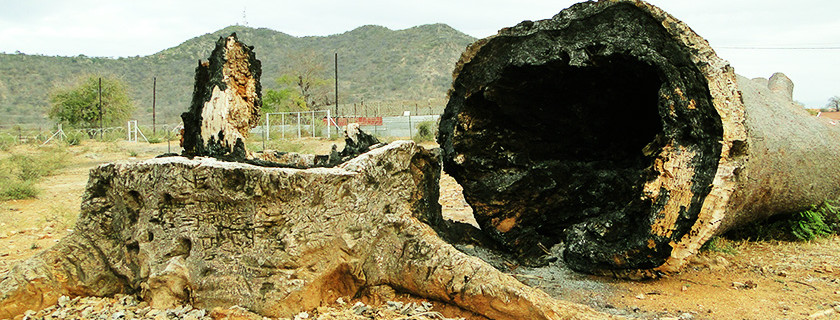Implementation of the REDD+ Strategy in Mozambique
Now officially underway is the project assigned to the NEMUS/BETA consortium, entitled “Preparation of Legal and Institutional Framework for the Implementation of the National Strategy REDD+ in Mozambique (Reducing Emissions from Deforestation and Forest Degradation)” for FUNAB – Fundo do Ambiente (Environment Fund of Mozambique).
The main goals of the consultancy are to draw the legal and institutional framework for the implementation of the National Strategy for REDD+ in Mozambique.
Overall, the REDD+ Strategy aims to reduce emissions from deforestation and forest degradation through a sustainable forest management which promotes not only the enhancement of carbon stocks (thus tackling climate change worldwide), but also the delivery of co-benefits to the people and to the country (resulting in poverty reduction and improving sustainable development and biodiversity conservation).
This project includes the reviewing and analysis of the state-of-art of REDD+ in Mozambique, the identification of the relevant institutions, entities and stakeholders involved, the training and capacity building of the local staff, as well as Workshop organization and coordination for public information and involvement.
Often overlooked is the fact that deforestation and forest degradation are the second leading cause of global warming, responsible for about 15% of global greenhouse gas emissions, which makes the loss and depletion of forests a major issue for climate change.
In addition to mitigating climate change, supporting sustainable forest management promotes the conservation of water resources and prevents flooding, reduces run-off, controls soil erosion, reduces river siltation, protects fisheries, preserves biodiversity and preserves cultures and traditions.
For a country such as Mozambique, where forest, woodland resources and other vegetation cover more than 70% of the territory, this represents a huge step in the right direction. The annual loss of these resources already amounts to 0.6% or 219,000 ha according to the inventory report of 2007.
Reducing Emissions from Deforestation and Forest Degradation (REDD) is an effort developed by the United Nations Framework Convention on Climate Change (UNFCCC) to create a financial value for the carbon stored in forests, offering incentives for developing countries to reduce emissions from forested lands and invest in low-carbon paths to sustainable development. “REDD+” goes beyond deforestation and forest degradation, and includes the role of conservation, sustainable management of forests and enhancement of forest carbon stocks.

